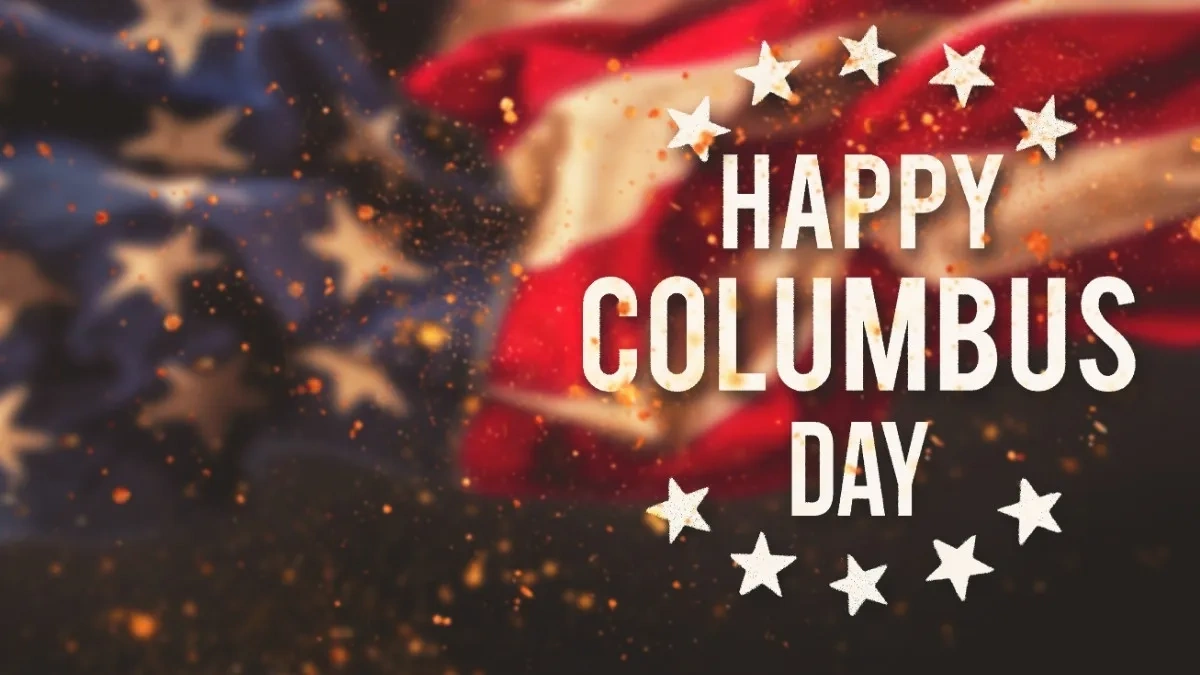Columbus Day – it’s a date that pops up every October, but Columbus Day 2025 , like every year, comes loaded with layers of history, controversy, and cultural significance. You might think it’s just another holiday, but there’s a whole lot more to it than parades and sales. Here’s the thing: understanding Columbus Day means grappling with some pretty complex issues, including indigenous people’s perspectives, historical accuracy, and changing social values. Let’s dive in, shall we? We’ll look at the date, the story, the reasons it still matters, and how people are actually celebrating (or, in some cases, protesting) it.
Why Columbus Day Still Sparks Debate

Here’s where it gets interesting. It’s not just about celebrating Christopher Columbus – it’s about how we frame history. What fascinates me is how a single historical figure can be viewed so differently depending on who you ask. Was Columbus a brave explorer who opened up new trade routes? Or was he a colonizer who initiated a period of exploitation and violence against indigenous populations? The answer, honestly, is complicated. And that’s why the debate around Columbus Day 2025 is so important.
Many argue that celebrating Columbus glosses over the brutal realities of colonization – the disease, enslavement, and cultural destruction that followed his arrival in the Americas. Indigenous peoples and their advocates have been pushing for years to replace Columbus Day with Indigenous Peoples’ Day, a day to honor the history and cultures of Native Americans. This shift isn’t just about semantics; it’s about acknowledging a more complete and accurate version of history.
But , it’s also about the legacy of displacement and injustice that continues to impact indigenous communities today. You can find more information about indigenous cultures and historical perspectives on sites like Wikipedia .
The Date and Its Significance
Columbus Day always falls on the second Monday of October. So, in Columbus Day 2025 , mark your calendars for October 13th. It’s a federal holiday, which means government offices and many businesses are closed. But the date itself holds more than just a day off. It marks the anniversary of Columbus’s arrival in the Americas on October 12, 1492.
Originally , the holiday was conceived as a celebration of Italian-American heritage. Italian immigrants in the United States faced significant discrimination in the late 19th and early 20th centuries, and Columbus Day provided an opportunity to showcase their contributions to American society. But, as our understanding of history evolves, so too does the meaning and observance of this day.
How Columbus Day is Celebrated (and Challenged)
The ways people celebrate Columbus Day are changing. While some cities still hold traditional parades with floats, marching bands, and Italian-American cultural displays, others are opting for alternative celebrations that focus on indigenous cultures or acknowledge the complexities of history. You might see events promoting Native American art, music, and storytelling, or community dialogues about the legacy of colonialism.
Let’s be honest, there’s a growing movement to replace Columbus Day with Indigenous Peoples’ Day. Several states and cities have already made the switch, recognizing the need to honor the history and resilience of Native Americans. It’s a shift that reflects a broader understanding of history and a commitment to social justice. To see how different states are approaching the holiday, check out government resources related to state holidays.
Navigating the Shifting Landscape of Columbus Day
What’s interesting is that it’s not just about choosing sides – it’s about engaging in a thoughtful conversation. As October horoscope predictions show us, reflection is important. So, if you’re observing Columbus Day 2025, take a moment to consider the different perspectives and the historical context.
Celebrating Italian-American heritage can coexist with acknowledging the impact of colonization on indigenous populations. It’s about finding a way to honor the past while building a more inclusive future. And, that’s what makes the conversation around Columbus Day so compelling – it forces us to confront our own understanding of history and our role in shaping a more just society.
I initially thought this was straightforward, but then I realized it’s far more nuanced. The one thing you absolutely must understand is that history is never static. It’s constantly being re-evaluated and reinterpreted as we learn more and as our values evolve. Columbus Day 2025 is a reminder of that process.
Here are the meaning of remembering certain holidays and appreciating diversity of culture.
FAQ About Columbus Day
Why is Columbus Day controversial?
Columbus Day is controversial because it celebrates a figure whose arrival in the Americas led to the colonization, exploitation, and oppression of indigenous peoples.
What is Indigenous Peoples’ Day?
Indigenous Peoples’ Day is a holiday celebrated in place of Columbus Day in many areas, honoring the history and cultures of Native Americans.
How can I celebrate Columbus Day respectfully?
Consider attending events that focus on indigenous cultures or engaging in conversations about the complexities of history. Educate yourself on the impact of colonization.
What if my workplace celebrates Columbus Day?
You can use the day as an opportunity to educate your colleagues about the history and controversies surrounding Columbus Day.




